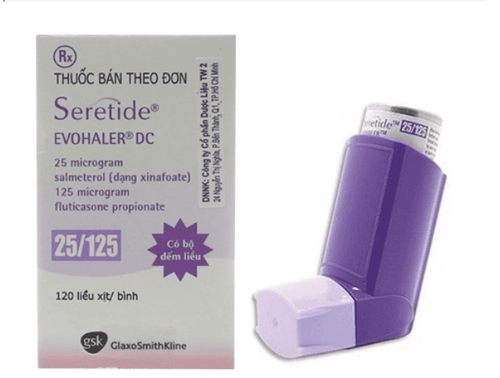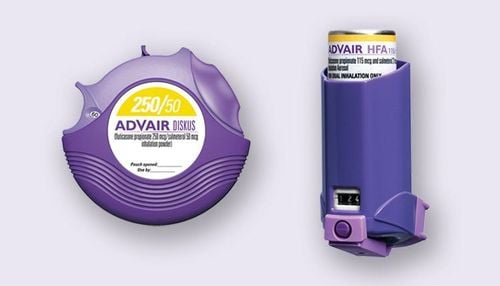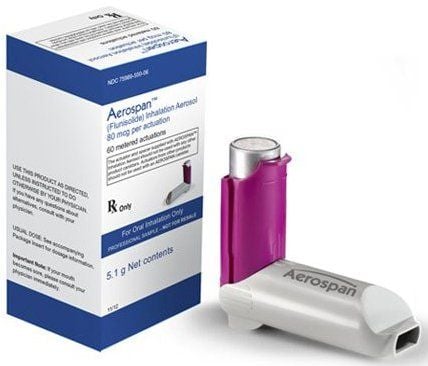This is an automatically translated article.
Questions such as whether asthma is contagious, what causes asthma and how to treat it?...are of great interest to many people.Video content is professionally consulted by Dr., Doctor Nguyen Van Dinh - Head of Allergy - Clinical Immunology Unit - Vinmec Times City Hospital
In fact, when it comes to asthma, it will be associated with 3 problems: Inflammation of the airways, increased mucus secretion and spasms. In patients with asthma, the airways are hyperresponsive (hypersensitivity) to constriction caused by inflammation (allergic inflammation).
When the weather turns cold or the winter is cold and dry, breathing in cold air will make the condition worse and need to use asthma medicine.
Patients with asthma are very sensitive to dry air, so in winter, it is necessary to humidify and warm the air more to reduce the onset of asthma attacks due to the breakdown of cells in the airways, releasing substances. chemical mediators that constrict the airways and trigger asthma attacks. Humidifying the air in winter is very important for asthma causes and treatment.
Limit the risk of outbreaks in the cold season for people with a history of asthma by:
Keep the body and neck warm, limit exposure to cold air to reduce the risk of asthma flare-ups; Need to treat asthma well, use asthma medicine exactly as directed by the doctor; Reducing the level of inflammation; Decreased airway hyperresponsiveness to physicochemical changes or factors predisposing to airway hypersensitivity. For asthmatics, in addition to using asthma medication as directed, it is necessary to use warm water in the winter, limit exposure to allergens such as cat and dog fur, pollen, and house cleaning. clean to reduce the risk of an asthma attack.
Please dial HOTLINE for more information or register for an appointment HERE. Download MyVinmec app to make appointments faster and to manage your bookings easily.













